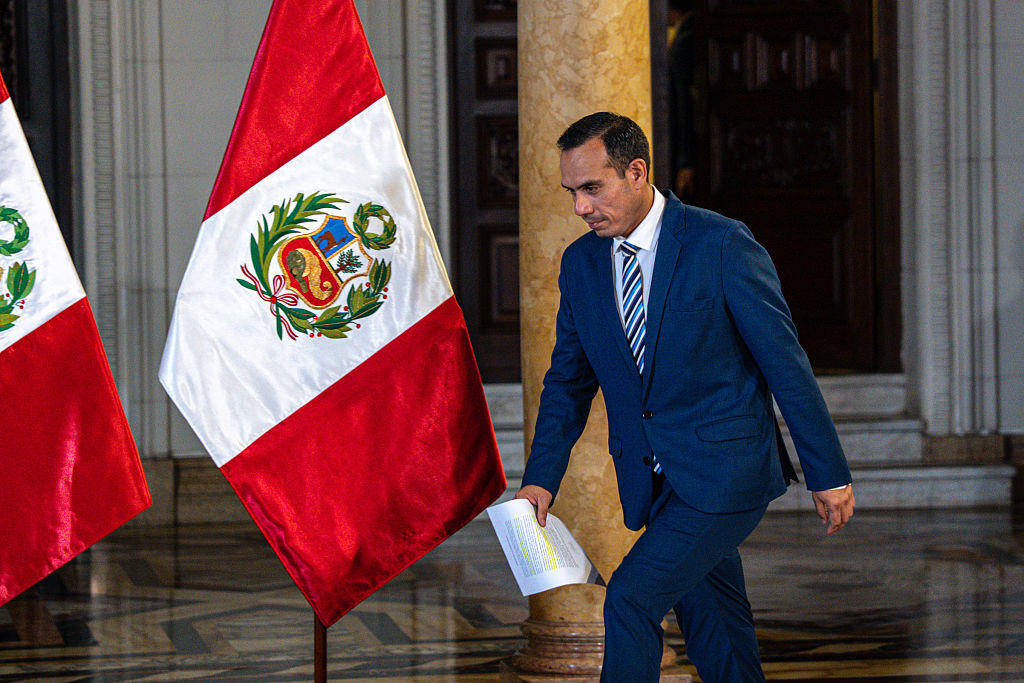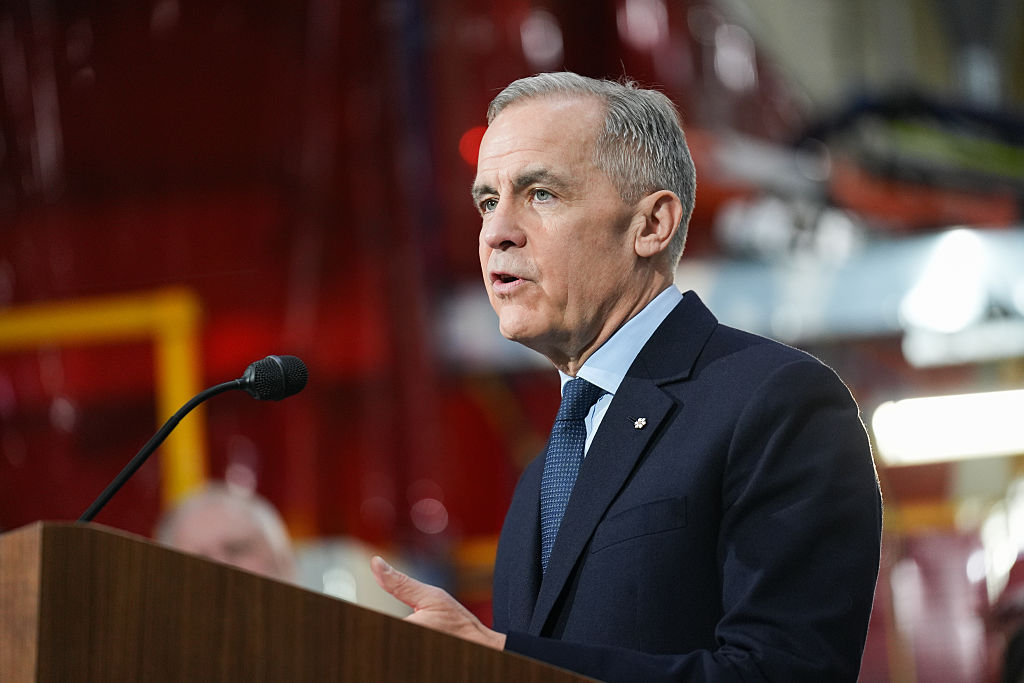Against Backdrop of Financial Woes, Canada Votes
Against Backdrop of Financial Woes, Canada Votes
Amid concerns over global financial turbulence, Canadians cast their votes. Prime Minister Stephen Harper gained reelection and a stronger mandate, but economic worries made a dent in his party's gains as Conservatives once again won a minority government.
When Canadian Prime Minister Stephen Harper called federal elections just over a month ago, some posited that he did so to take advantage of high approval ratings and out of concern that a probable economic slump could also bite into his Conservative Party’s popularity. But Harper’s decision to dissolve parliament and call Canada’s third set of federal elections in four years failed to preempt the global financial crisis. The financial tumult that took place during the campaign period (At five weeks, it ran incredibly short compared to the U.S. cycle.) will left Canada’s government where it started: with a minority government in power.
Early in the campaign, Harper’s party appeared poised to gain a majority foothold in Canada’s Parliament. In polls, the Conservative never lost the lead over the next closest opposition party, the Liberals headed by Stéphane Dion. Yet a lead that reached as high as 15 percent, according to Harris/Decima polling, shrank to 4 percent last week when a global financial crisis took hold. During a whirlwind of global stock market dives, the Toronto Stock Exchange (TSX) experienced its worst decline in seven decades. As the Canadian dollar lost ground to its U.S. counterpart, economic think tank Global Insight dropped its growth projections for Canada from 0.8 percent to 0.6 percent for this year and from 1.7 percent to 0.9 percent in 2009.
Still, on October 13, Finance Minister Jim Flaherty released a statement saying that Canada’s fiscal situation is “the best” (PDF) of G7 countries. The TSX made strong gains Tuesday and Harper recovered a good portion of voter confidence, but not enough for the Conservative Party to gain the majority sought. As the stock market dropped last week, opponents charged the prime minister with being out of touch and unprepared to handle a financial crisis. A Reuters analysis titled “A Global Crisis Just Ate Canada’s Election” noted that, as the crisis unfolded, “it soon became clear that the prime minister and his team were scrambling to keep up.”
Meanwhile, the Conservatives faced accusations that they misled Canadians on the cost of Canada’s mission in Afghanistan; Harper’s government placed the price tag at $8 billion but an October 9 parliamentary report placed the figure closer to $18.1 billion by 2011. Perhaps even more damaging was a controversy over cuts in funding for cultural programs compounded by Harper’s comments that “ordinary Canadians can't relate to gala-going artists, an assertion that galvanized the communities in Toronto, Vancouver, and other urban centers,” reports Canwest News Services.
Despite the bumpy ride over the course of the 37-day campaign, Harper regained a strong poll lead as election day approached after he introduced policies aimed at shoring up Canada’s economy. On October 10, Harper’s government unveiled a plan to spend $25 billion to buy mortgages from banks, according to a Calgary Herald analysis that explores the leader’s training in economics. He also proposed $745 million in tariff relief and loans for manufacturers.
The Economist points out that while he may not have won over his countrymen, the prime minister has been able to pass several measures during his tenure. “That he has governed for 32 months is a tribute to the political skills of an underestimated man,” notes the article, adding that when Harper became prime minister in 2006, several pundits predicted he would not hold office for more than a year.
“As the saying goes, it wasn't raining when Noah built the ark. Which is why when the rain came, Noah didn't need to panic and he didn't switch boats,” said Harper a few days before the election. It appears the Canadian electorate feel the same way, leaving the Conservatives in the same position they were in five weeks ago, with a prime minister running a minority government.
Updated October 15, 2008.








